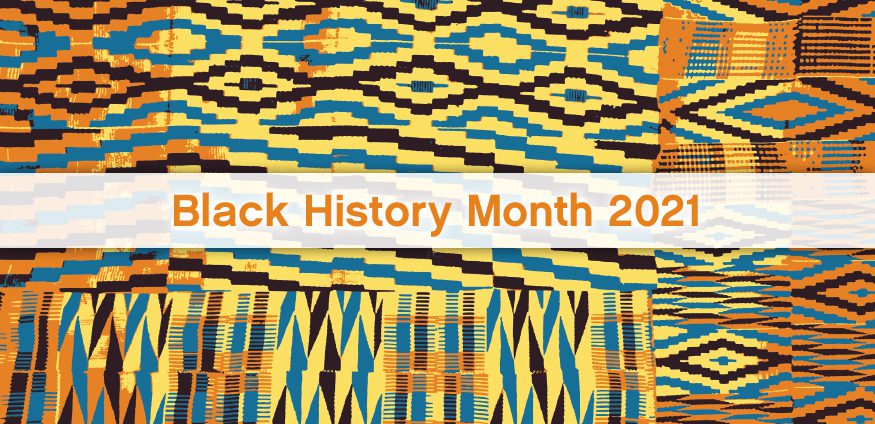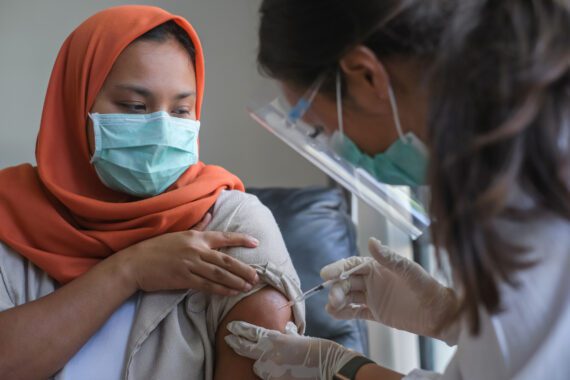By Michele Learner
Sometimes a quotation is so familiar that I do not focus on it every time I see it. But occasionally, I feel that I’m reading it for the first time—or at least, that I am grasping its meaning and its implications more clearly.
This happened recently when I read the Rev. Dr. Martin Luther King Jr. quote, “Injustice anywhere is a threat to justice everywhere.” Given all the inequities in the country and in the world, this is a radical statement—one that explains very clearly the need for everyone to keep working for justice.
As we know, this year the United States is celebrating King’s birthday and Black History Month in the midst of an unabated global pandemic. At this writing, COVID-19 has infected more than 100 million people worldwide and killed more than 475,000 Americans. But there are definite signs of hope with the development of effective vaccines and improving, though still slow, vaccine distribution in wealthier countries.
Congress is now working to pass an additional, much-needed COVID-19 relief bill, and Bread for the World is strongly advocating for provisions to provide prompt assistance to the millions of people in the U.S. who continue to face hunger—particularly children of color.
Bread has emphasized for several years now that racial equity is absolutely essential to ending hunger in our country. But we know all too well how far the U.S. remains from achieving equity for all. See our recent blog post for more on equity and COVID-19, particularly on vaccine access. In the case of a highly infectious virus, of course, no one is safe until everyone is safe.
But returning to signs of hope, the Justice for Black Farmers Act has just been introduced in the Senate, as we also discuss in a recent piece. Past and present discrimination has been a major factor in creating the racial wealth gap that affects Black people today, whether or not they, their grandparents, or other family members were ever farmers.
And, of course, anything that affects today’s farmers affects the food system that feeds nearly everyone in this country and many people in food-importing countries. Injustice anywhere is a threat to justice everywhere.
The second in our series of posts on fragility focuses on Syria and Lebanon. The Syrian civil war, spurred originally by authoritarian rule and repression, drought, and competition for scarce resources, has created ripple effects all over the world and forced millions of people into hunger. Earlier injustices lead to more and larger injustices.
As winter begins to wane, I hope each of us can stay safe, keep others safe, and, whenever possible, work toward justice, whether our opportunity is in a local community or a country far away.
Michele Learner is managing editor with Bread for the World Institute.



